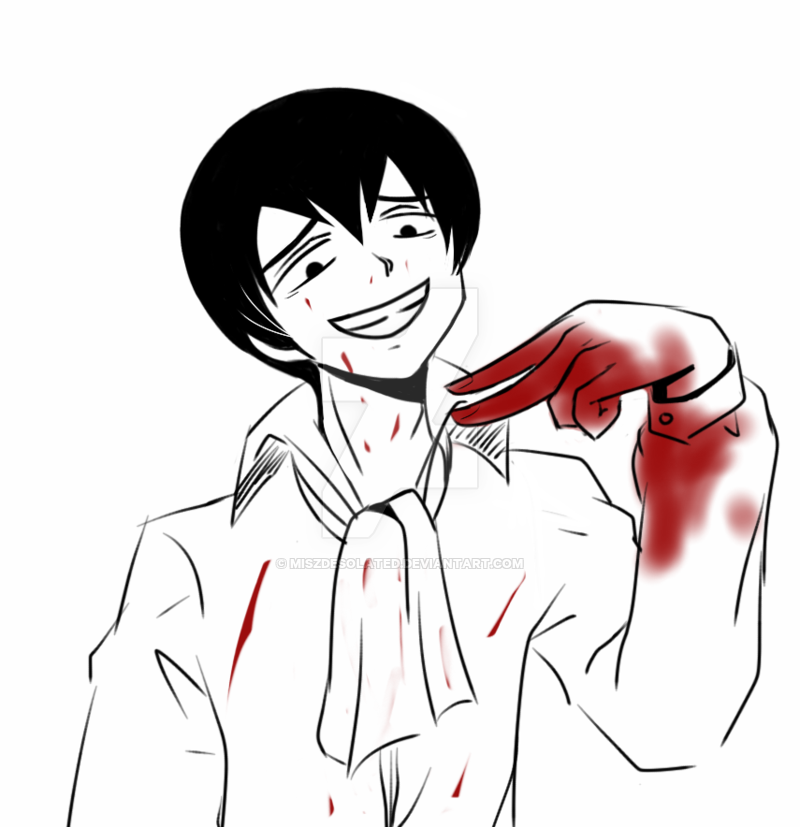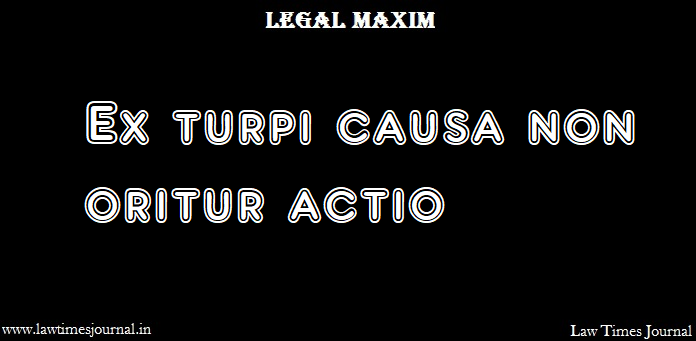Ex Turpi Causa Non Oritur Actio South Africa

In an obiter dictum the learned judge stated that if the court has a discretion to relax the maxim ex turpi causa non oritur actio on the.
Ex turpi causa non oritur actio south africa. In scott v brown 1892. The defendants contended that volenti non fit injuria and ex turpi causa applied here but the court held that in case of unsound person volenti non fit injuria could not be applied in him taking his life and by applying the public conscience test the court held that by awarding the damages in favour of plaintiff public conscience would not be affected and thus the defendants were held liable. Ex turpi causa non oritur actio latin from a dishonorable cause an action does not arise is a legal doctrine which states that a plaintiff will be unable to pursue legal remedy if it arises in connection with his own illegal act. Court held that the maxim ex turpi causa non oritur actio from a dishonourable cause no action arises admits of no exception.
Particularly relevant in the law of contract tort and trusts ex turpi causa is also known as the illegality defence since a defendant may plead that even. Thus if a contract is illegal courts must regard the contract as void and hence unenforceable. Although modern formulations differ by jurisdiction common law originally stated that the accident must satisfy the. The maxim ex turpi causa non oritur actio prevents a claim being made where it is in some way tainted by the claimant s illegal act or other contravention of public policy rules.
It did not deal with an attempt by. The latin maxim ex turpi causa non oritur actio refers to the fact that no action may be founded on illegal or immoral conduct. The plaintiff wished to enforce a contract which the court had found to be illegal and immoral ex facie. Ex turpi causâ non oritur actio this old and well known legal maxim is founded on good sense and expresses a clear and well.
It is often referred to as the illegality defence although it extends. In other words if one is engaged in illegal activity one cannot sue another for damages that arose out of that illegal activity. Masuku aj further held with reference to the prohibition contained in s 13 of the act also raised in an exception taken against a claim for architectural services by a non natural person. 27 this case concerns the application of the maxim ex turpi causa non oritur actio and of the maxim in pari delicto potior est conditio defendentis.
Res ipsa loquitur latin. In jajbay v cassim 1939 ad 537 stratford cj said that t he maxim ex turpi causa is self explanatory and requires no elucidation. In turn a contract is illegal if it is contrary to public. 7 on this basis cheadle aj invoked the principle ex turpi causa non oritur actio which prohibits the enforcement of immoral or illegal contracts.
The thing speaks for itself is a doctrine in the anglo american common law that says in a tort lawsuit a court can infer negligence from the very nature of an accident or injury in the absence of direct evidence on how any defendant behaved. Quoted in a subsequent supreme court of canada decision of 1894 walsh v trebilcock justice lindley wrote. Matters have become more complex by a series of conflicting supreme court decisions.









